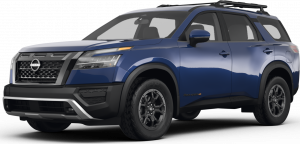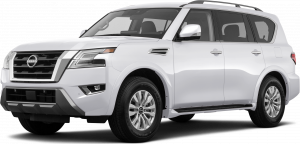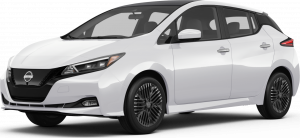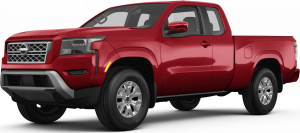
It’s no secret that winter takes a toll on vehicles. Freezing temperatures, ice and snow impact both driving conditions and your vehicle’s health. So how can you prepare your ride for tough weather? It’s easy — keep reading, and we’ll show you how!
Check Your Vehicle’s Fluids
Oil and coolant are essential for your vehicle to run, and this is especially true during the winter. Depending on its viscosity, the oil in your car won’t be as effective in freezing temperatures. It’s best to switch to oil that flows better in the cold. You can find out what type of oil is best for your vehicle in the winter in your owner’s manual, or simply consult your mechanic. If you’re low on oil or due for an oil change, address the issue immediately.
Antifreeze (also called coolant) prevents your engine from — you guessed it — freezing during the winter. Make sure that the antifreeze reservoir is filled to the recommended level and the type of antifreeze you’re using is appropriate for sub-freezing temperatures.
Last but not least, make sure your windshield wiper reservoir is full. Wiper fluid is especially when you’re clearing dried road salt or dirt from your windshield, and it’s easy to use much more of it during the winter than in other seasons. While you’re at it, check your wiper blades and replace them if need be.
Consider Switching To Snow Tires
If you live in a region that experiences snowfall and ice, it’s a good idea to switch to winter tires. It might seem like all-season tires are up for the task, but despite their name, they don’t provide the traction and performance that you need in winter. On the other hand, winter tires offer superior traction, thanks to their deep tread grooves and tire rubber that stays soft, even in sub-freezing temperatures.
Get the Battery Checked
As convenient as it would be, car batteries don’t last forever. If your battery is old or has been giving you issues, it’s time to get it replaced. Cold weather can considerably reduce the battery’s efficiency, and in some cases, prevent your vehicle from starting. If you aren’t sure how old your battery is or what condition it’s in, we strongly take your vehicle to your mechanic and getting the battery tested. If they recommend getting it replaced, follow their advice — there’s nothing worse than a car that won’t start in the middle of winter!
Check the Tire Pressure
When it comes to winterizing your car, make sure your tires have a proper amount of air pressure is crucial. Not only will underinflated tires wear out faster, but your gas mileage will drop and they won’t provide the traction you need. For every 10-degree drop in temperature, the PSI in your tires will decrease by one, so keep an eye on the pressure and keep them inflated to the recommended PSI.
Keep an Emergency Kit in Your Vehicle
Breaking down on a freezing cold night or getting stuck in the snow is every driver’s nightmare, so it’s best to keep an emergency kit in your car if you’re in one of these situations. We suggest keeping things like a first aid kit, jumper cables, flares, a shovel, blankets, a flashlight with batteries and a cell phone charger with you at all times.
This winter, hit the road prepared. Whether you’re planning a road trip for the holidays or just commuting to work, winterizing your car will make your drive safer and more enjoyable, no matter where you’re headed.


















